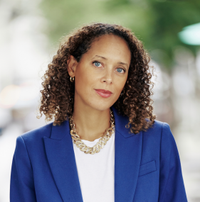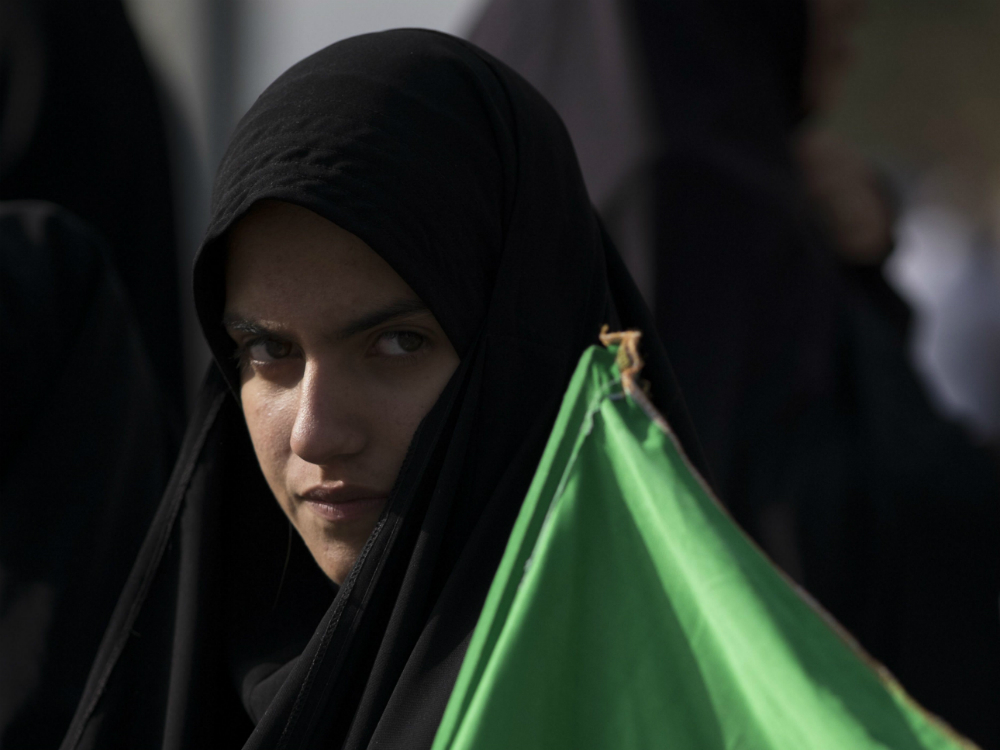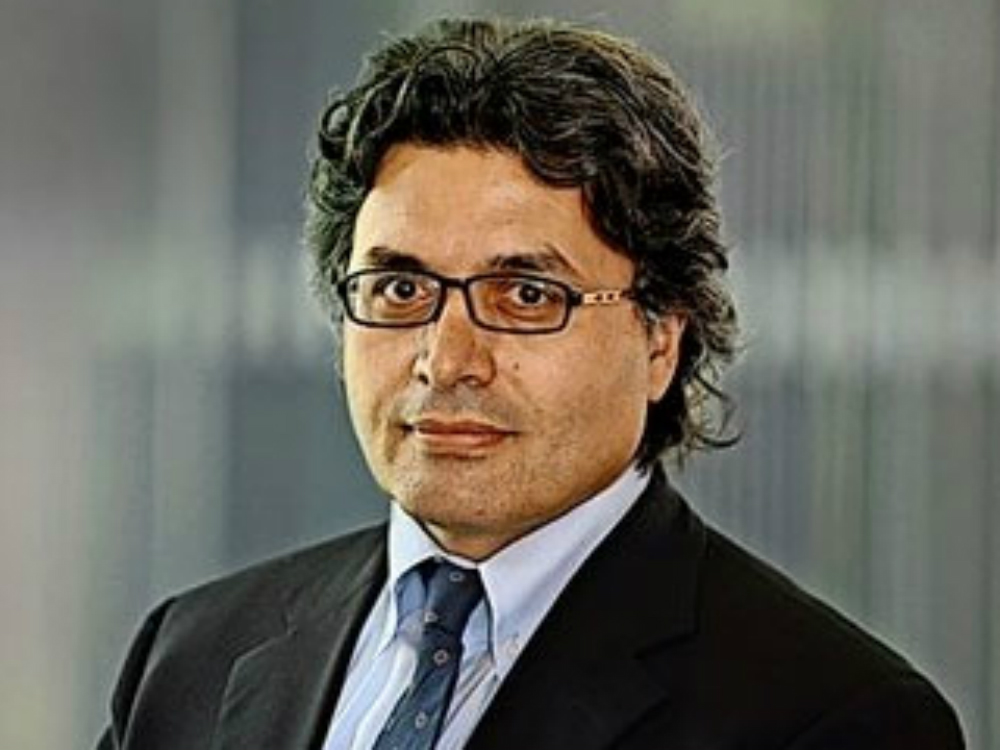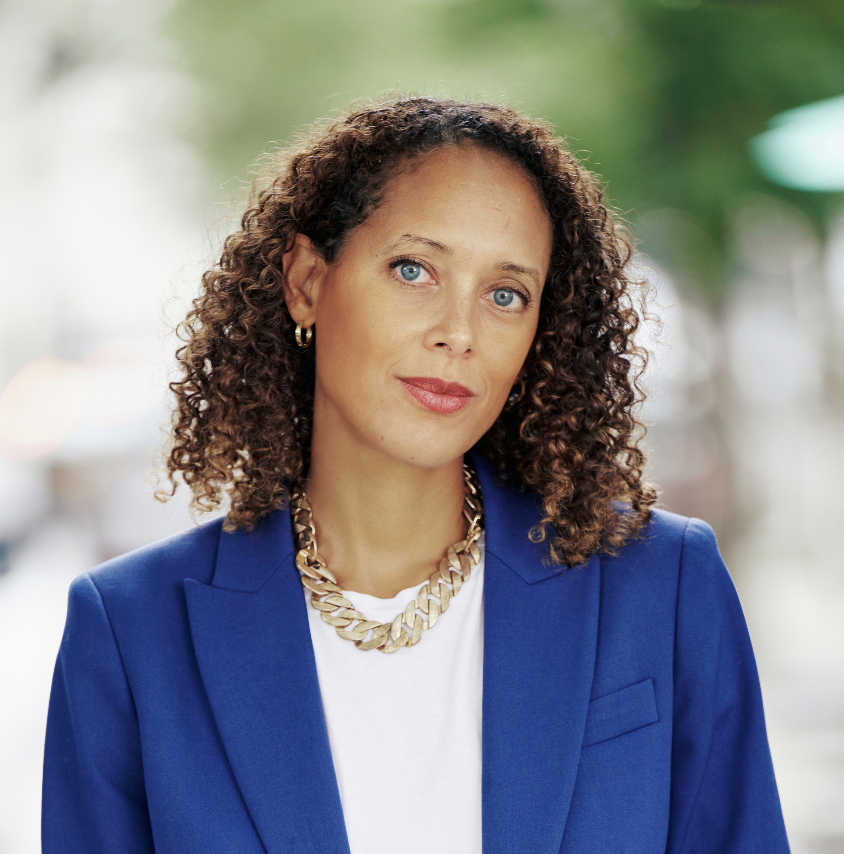What Do You Say To An 8-Year-Old Girl Who Has Just Escaped ISIS?
The psychologist helping ISIS victims rebuild their shattered lives...


Celebrity news, beauty, fashion advice, and fascinating features, delivered straight to your inbox!
You are now subscribed
Your newsletter sign-up was successful
The psychologist helping ISIS victims rebuild their shattered lives...
What do you say to a woman who has just escaped sexual slavery? Professor Jan Kizilhan is the world's leading psychologist treating the individuals behind the statistics. As he is recognised with an award for his work, we ask him about work on the front line.
When a woman comes who has escaped ISIS comes to see you whatsort of issues is she struggling with?
I’ve been to refugee camps, to examine victims and have talked to 1400 women myself. The youngest girl that I examined was 8 years old. She was taken as a hostage first, and she had to watch her grandfather getting executed by the IS, she was brought to Mosul, raped, sold 8 times, and finally we found her with her mother in a camp. This is just one story, and I can tell you 1,400 more. But the good news is that this girl and her mother are now in Germany getting the help they need. I’m responsible for the medical and psychological care provided by an incredible project in Germany. We now have 1100 women and girls in Germany and offer psychological, medical treatment with doctors, psychologists, and social workers.
What sort of psychological issues are these women facing?
All of them have post-traumatic stress disorder, which means they have nightmares, they cannot forget the torture, jailing, raping. They have lost all of their trust in humans and humanity. The girls look at you and ask why a person would kill another person and why an Islamic person can rape an eight-year-old girl. To be honest with you I have no answers and I am a scientist who has worked for 15 years now on the psychology of terrorism. It's a problem of our civilization. I just try to offer my expertise to help them work through what they’ve been through.
What is your main objective through treating a female ISIS victim?
Celebrity news, beauty, fashion advice, and fascinating features, delivered straight to your inbox!
The aim is to deal with the trauma, not forget it. This trauma will always be a part of her life, but through the psychotherapy I hope it will become just a part but not the whole of it. In Iraq, and especially in Northern Iraq there is a population of 5.5 million people and about 1.5 million refugees. We don't have a medical system that is able to treat these women, especially in psycho-traumatology. They are in Germany so they can survive. I myself documented 20 suicides. They are ashamed. It is a patriarchal society, a man's society and it's very difficult for women. With the constant rape and suicides they are terrified.
Are there any women in particular or any cases that have particularly stuck with you?
All of them. I'm a father, I have children and although I'm professional I am also human. It is hard when you're talking to young girls. I talked to a 16 year old girl who a couple of weeks ago was in the hands of IS. After she had left she was with her sister in a camp and she had a nightmare, she believed that IS were in front of the tent, and would take her again. She was so fearful that she lost all control, took benzine and burnt her sister and herself. She is now covered in 80 percent burns. When I saw her at the camp I talked to the government to organize a special flight immediately from Iraq to Germany. She is now in a special hospital and getting treatment, but when I visited her in hospital last week I asked her ‘what do you wish for your life?’and she told me 'I want to be able to go out on the street for an ice cream in a café one day, and have nobody cry when they see my face'

Do the women who come to see you come for one or many sessions?
In Iraq I see each woman or girl once for a one-to-one to do an analysis, to examine if they have post-traumatic stress disorder or another psychological or medical problem and then we decide if they are appropriate for our programme. We have criteria that they must meet; one being that the women and girls have to have been in the hands of IS and have since been freed.
The decisions are the most difficult part for me: you have to decide which one we will bring to Germany and which we can’t. We had an old woman come in recently who was 85 years old but we had to weigh up what we could do for this woman by bringing her to Germany. In the end, we decided to bring a 16-year-old girl who was raped and tortured and offer the 85 year old some medical treatment.
What do you hope to get out of the summit?
I hope to talk about my work and to make people aware about the situation of the women in Iraq and Syria, and of course to try and explain the real face of the IS, which is totally different to Al Qaeda or Al Nusra. ISIS is like nothing we’ve seen before - a very dangerous organization. The human rights situation for women and children is very acute: they cannot fight, they cannot defend themselves, they are used etc. We now have more than 7,000 people killed by the IS and still 3,500 women and girls living at the hands of IS, we have to fight to rescue them. I don’t know how but we have to find a way to take them back to their homes.

Andrea Thompson is Editor in Chief at Marie Claire UK and was named by We are the City as one of the UKs top 50 trailblazers for her work championing gender equality. She sits on the committee of the British Society of Magazine Editors where she acts as Chair.
Andrea has worked as a senior journalist for a range of publications over her 20 year career including The Sunday Times, The Guardian, The Daily Mail, Channel 4, Glamour and Grazia. At Marie Claire UK, Andrea oversees content, strategy, events and campaigns across fashion, beauty and the brand's purpose pillars. Follow her on instagram at @andreacanwrite